Self-hosted machine
When using a dedicated server connected to a home or office network, there are a few extra configurations you may need to do.
Make sure your setup meets the hardware requirements and that your machine runs a supported Operating System (OS).
Virtualization
DediConnect uses containerization (via Docker) to isolate environments and enhance security against viruses and hacking threats.
For the best performance, install DediConnect directly on a bare-metal machine. While platforms like KVM or Proxmox are supported, they may introduce slight performance degradation for hosted game servers.
Avoid installing DediConnect inside a Hyper-V or Docker container. Doing so can cause issues due to nested containerization, which is not supported.
Dedicated IP
To ensure connectivity between your machine, users, and GSA, your internet connection must have a dedicated IP address, or at least a dynamic IP that never changes. Reach out to your Internet Service Provider to verify or request this.
Port Forwards
You must forward all the ports used by GSA to the internal IP address of your machine. This is usually configured via your router. If you're unsure how to do this, look up port forwarding instructions specific to your router model.
Failure to forward all required ports may result in connection issues. Be sure to forward both TCP and UDP ports.
Multiple machines on a single IP
If you're running multiple machines on a single IP address (such as in a typical home network), you can still host with GSA. Each machine will use a unique port offset to avoid conflicts.
Only proceed with the setup below if an expert from our Discord community has advised you to do so.
How does it work?
Each machine is assigned a port offset, which shifts all the ports GSA normally uses. This helps avoid overlap.
For 2 machines:
- Machine A → offset
0 - Machine B → offset
1000
For 3 machines:
- Machine A → offset
0 - Machine B → offset
1000 - Machine C → offset
2000
Windows
Watch this walkthrough by Birdman, covering all necessary steps:
1. Install GSA script
If you haven't already, install the GSA script on your Windows machine.
2. Open sshd_config in Notepad
Go to C:\ProgramData\ssh and open the sshd_config file using Notepad.
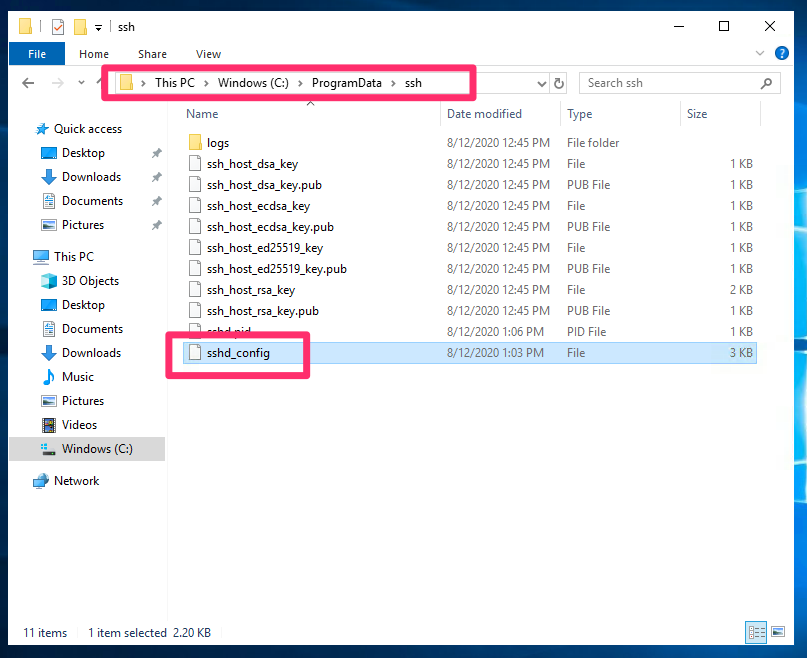
3. Change the port
In the file, find the line with Port and change it to the desired offset value. Refer to this example for guidance.
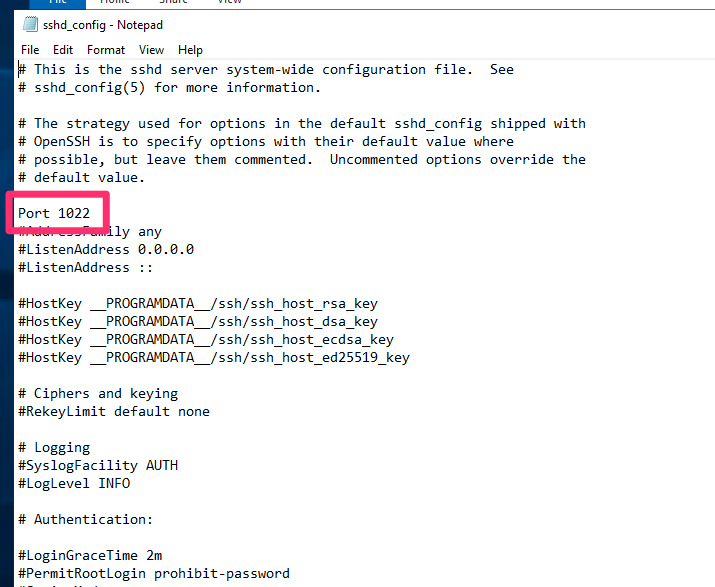
4. Restart SSH
Open PowerShell and execute the following command to apply the new port setting: Restart-Service sshd -Force
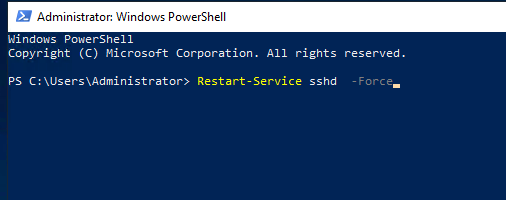
5. Update firewall rule
Open Windows Defender Firewall and go to Advanced settings.
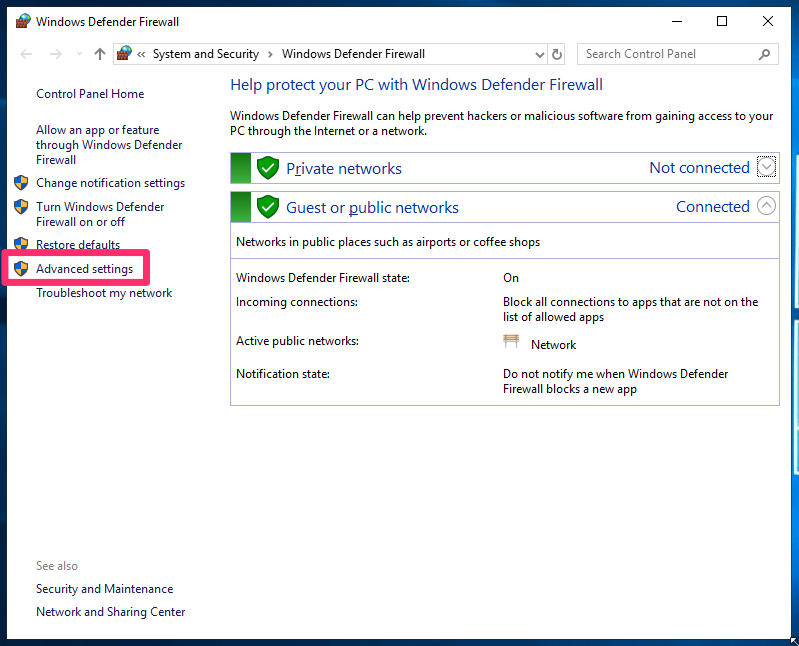
Under Inbound Rules, find OpenSSH Server (sshd). Right-click it and choose Properties.
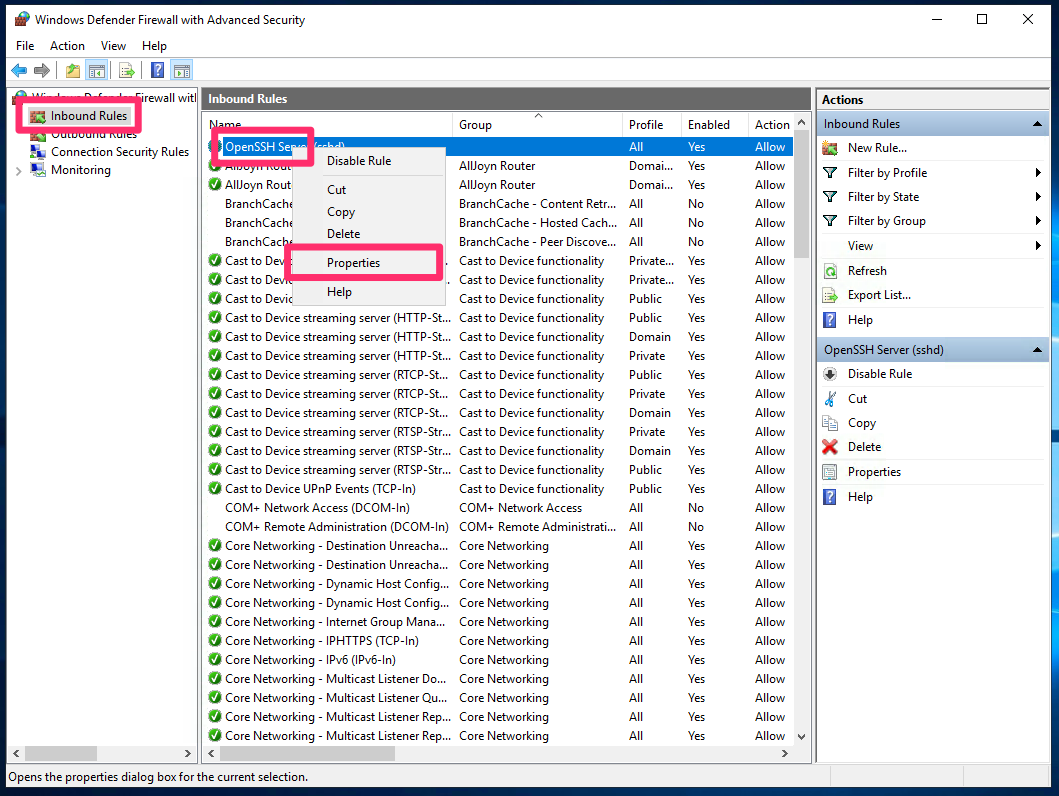
In the Protocols and Ports tab, update the Local port to match the offset you configured.
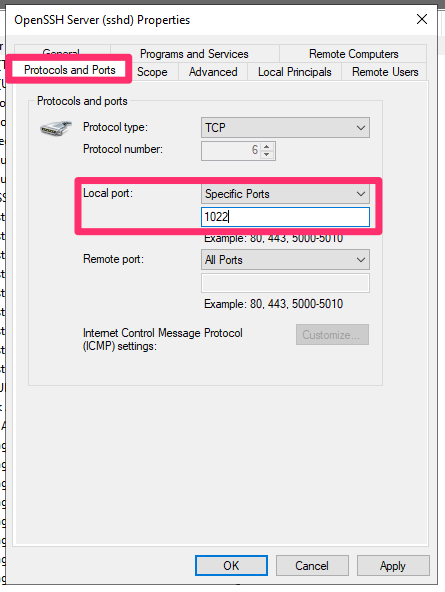
Click OK to save your changes.
Use this link to access the special setup page with your offset: Connect DediConnect with special offset number >